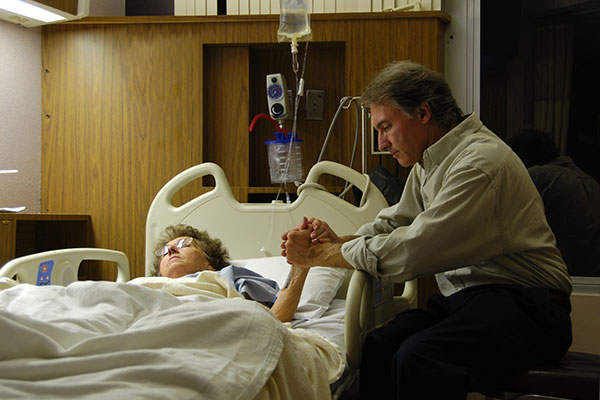GUARDIANSHIPS & CONSERVATORSHIPS
AFFC Law LLC can help you navigate the complex issues surrounding guardianships, conservatorships, and other protective orders. We can help you seek a guardianship or conservatorship, defend against a guardianship or conservatorship, represent you in your role as guardian or conservator or handle the transfer of guardianship to the state of South Carolina.
As is often the case, people have not planned for illness or incapacity by executing powers of attorney and advanced directives. If the person becomes too ill or is no longer competent to manage his or her affairs, and has not completed planning, then a guardianship or conservatorship will be necessary. Our attorney can help family members, or other interested persons, in securing a guardianship or conservatorship for their loved ones in court. Because you are asking the court to take away fundamental rights to make decisions for the person you wish to protect, there are high burdens and strict requirements for these kinds of proceedings. Our expertise in seeking guardianships and conservatorships can also help us defend you in such a proceeding if you believe that it is not appropriate for your situation.
What is a guardian?
A guardian is a person appointed by the court to make healthcare and other mostly non-monetary decisions for someone who cannot make these types of decisions because of an injury, illness, or disability.
What is a conservator?
A conservator is a person appointed by the court to take care of someone's finances when he or she cannot make these types of decisions because of an illness, injury, or disability.
Does my family member or friend need a guardian or conservator?
- Sometimes, an illness, injury, or disability can make it difficult or impossible for someone to make decisions about his or her health care, money, living situation, or other personal matters. Examples may include:
- Someone who is in a coma.
- Someone who is mentally challenged.
- Someone who has Alzheimer's disease or other forms of dementia.
- Someone who has had a stroke.
- Someone who has suffered a brain injury.
- If a court finds that a person cannot make any or all of his or her important life decisions, that person is incapacitated.
- To decide whether someone is incapacitated, the court holds a hearing and looks at all the facts. It will find that a person is incapacitated if it believes the facts show the person cannot:
- understand the facts about his or her financial, health care, or living situation well enough to make decisions about any or all of those matters, or
- clearly communicate his or her wishes about any or all of those matters.
If you find the need for a guardianship or conservatorship for a loved one, please contact AFFC Law today. We work with families and friends who are concerned about vulnerable seniors or children in need and who want to accept the legal authority, which would allow them to make important decisions about the healthcare or finances of a loved one or friend.






